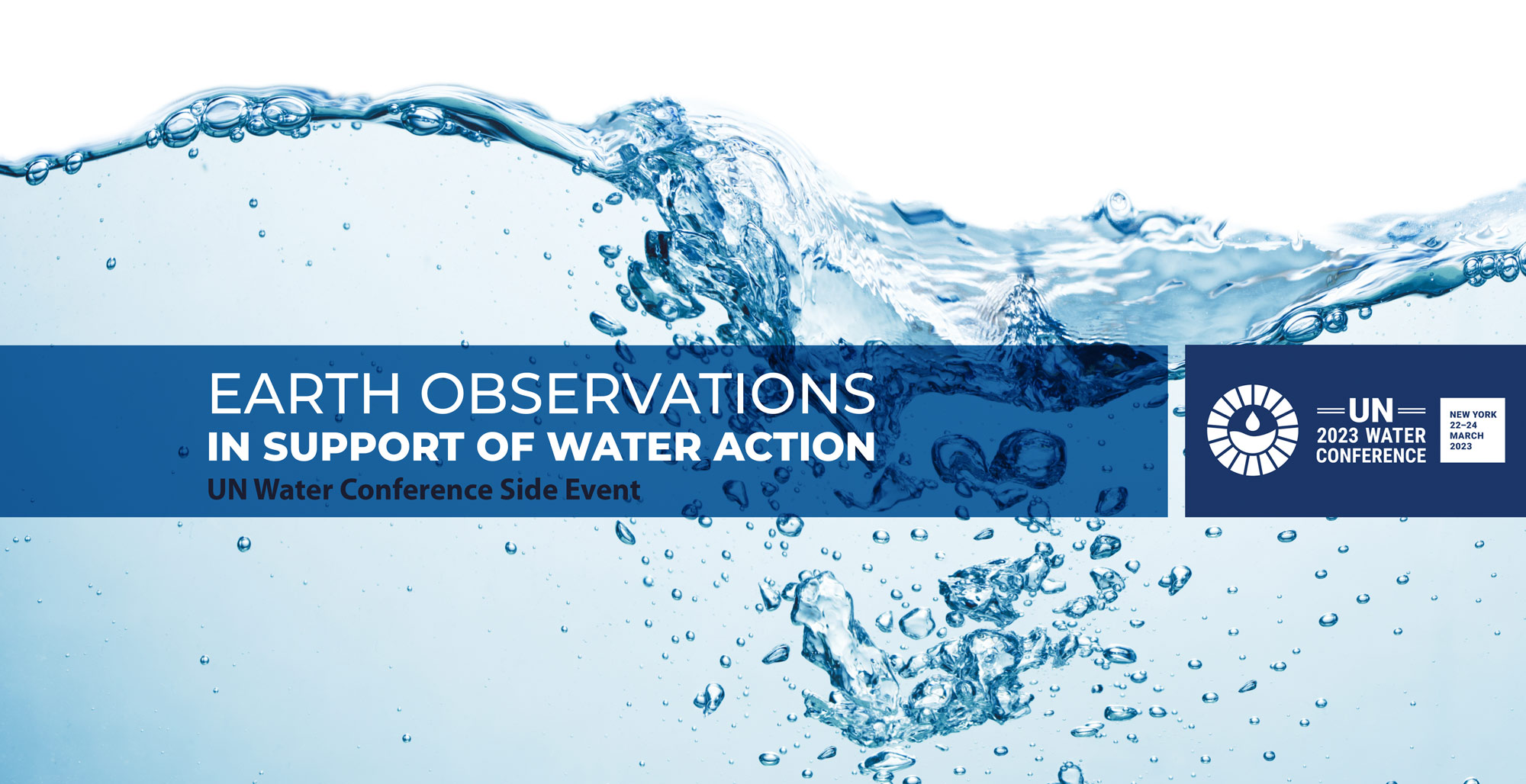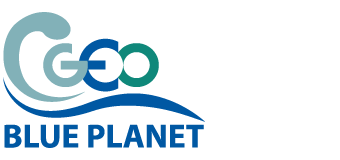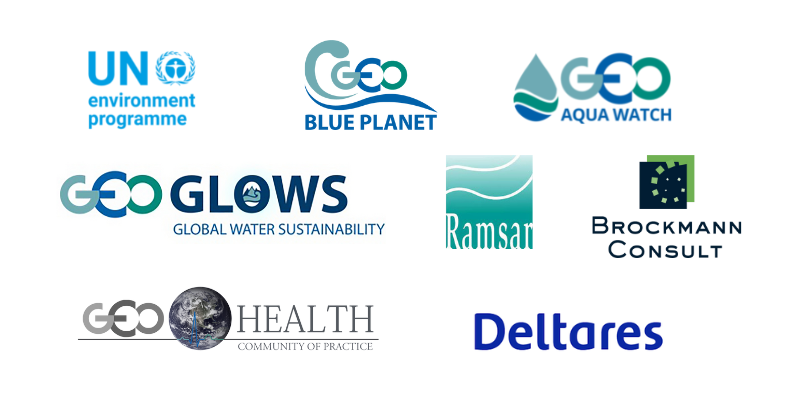
Earth Observations In Support of Water Action
Water is key to sustainable development, being critical for socio-economic development, energy and food production, and healthy ecosystems. Today water scarcity affects more than 40 percent of the world’s population and is projected to rise further, exacerbated by climate change. As the global population grows, there is an increasing need to balance the competing demands for water resources and have more efficient ways to manage water supply. The importance to ensure availability and sustainable management of water for all has been increasingly addressed in the global political agenda, as seen with the 6th Sustainable Development Goal (SDG) of the United Nations 2030 Agenda for Sustainable Development and the adoption of an International Decade 20018-2028 for Action on ‘Water for Sustainable Development’ by the UN General Assembly
Earth Observation is increasingly seen as an essential source of information which can complement national data and support countries to collect regular information on the use and changes to their water resources for more informed policy decisions.
Earth observations are data and information collected about our planet, whether atmospheric, oceanic or terrestrial. This includes space-based or remotely-sensed data, as well as ground-based or in situ data. Coordinated and open Earth observations enable decision makers around the world to better understand the issues they face, in order to shape more effective policies.
The event will focus on how Earth observations can support the International Decade for Action on Water Sustainable Development by providing information about the world’s water resources.
The goal of this side event is to introduce Member States to the utility of Earth observations for water monitoring and identify cross-sectoral partnerships that can support the Water Action Agenda.
The participants will learn about the latest advances in the use of Earth observations for Water Resources Management, and the opportunities and challenges which lie ahead for mainstreaming Earth observations into sustainable management of waters.
Speakers will include Sara Venturini (GEO Secretariat), Dany Ghafari (UNEP), Stuart Crane (UNEP), Angelica Gutierrez (NOAA), and Jerker Tamelander (RAMSAR) . In preparation for the session, the organizing partners will put together a resources web page with relevant information and links to existing data and tools. The session will include two panel discussions with member state representatives and Earth Observation experts on the topics of 1) Earth Observations for disaster risk reduction and resilience and 2) Earth Observations for Ecosystem Conservation. The panel discussions will aim at identifying Earth Observation-related cross-sectoral partnerships that need to be created or strengthened to ensure successful implementation of the Water Action Agenda. The relevant initiatives and partners represented also contribute to the AWARe initiative launched at COP27.
Program
| Speaker | Affiliation | Topic | Time |
| Section 01: Welcome (4 min) | |||
| Brennan VanDyke | UNEP | Welcome & Intro of Moderators | 4 min |
| Section 02: Introduction to Earth Observation System (11 min) Moderated by Sara Venturini (GEO Secretariat) and Ghada El-Serafy (GEO AquaWatch) | |||
| Emily Smail | GEO Blue Planet | Introduction to Earth Observations for Water Monitoring | 8 min |
| Section 03: Earth observations for disaster risk reduction and resilience (36 min) | |||
| Samuel Gama | GEO GloWS | Flood forecasting – Malawi case responding to ID-5 | 6 min |
| John Haynes | GEO Health Community of Practice | Earth observations and water-related pathogens | 6 min |
| Helena Chapman | GEO Health Community of Practice | Public health applications Cholera and water-borne pathogens) | 6 min |
| Audience Questions and Panel Discussion | 18 min | ||
| Section 04: Earth observations for ecosystem conservation (45 min) | |||
| Dany Ghafari | UNEP | Eutrophication and debris monitoring | 6 min |
| Stuart Crane | UNEP | SDG 6.6.1 Freshwater Ecosystems | 6 min |
| Nima Pahlevan | NASA | STREAM: Satellite-based analysis tool for rapid evaluation of aquatic environment | 6 min |
| Kerstin Stelzer | Brockmann Consult | CyanoAlert and Copernicus Inland Water | 6 min |
| Audience Questions and Panel Discussion | 18 min | ||
Organizing Partners

